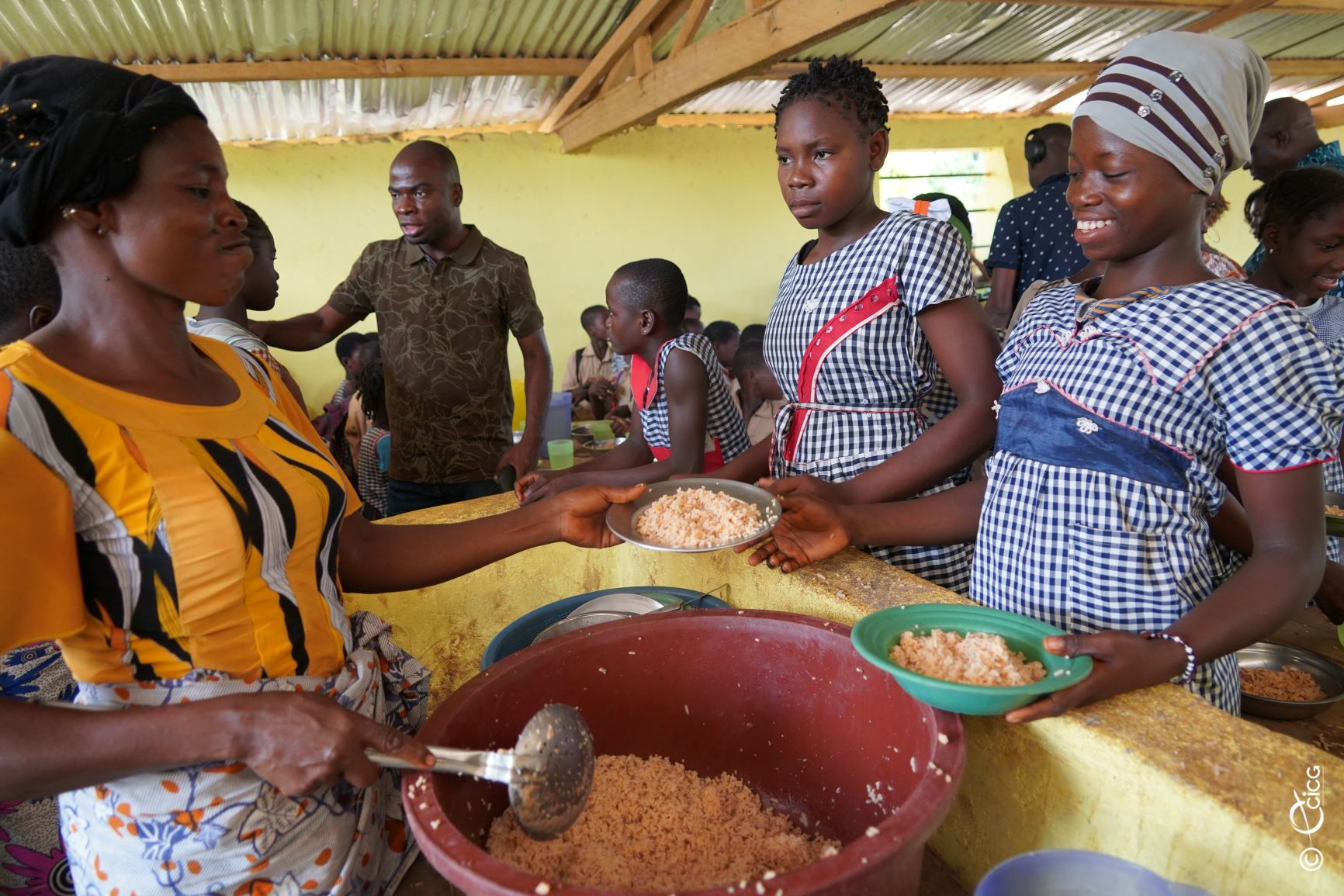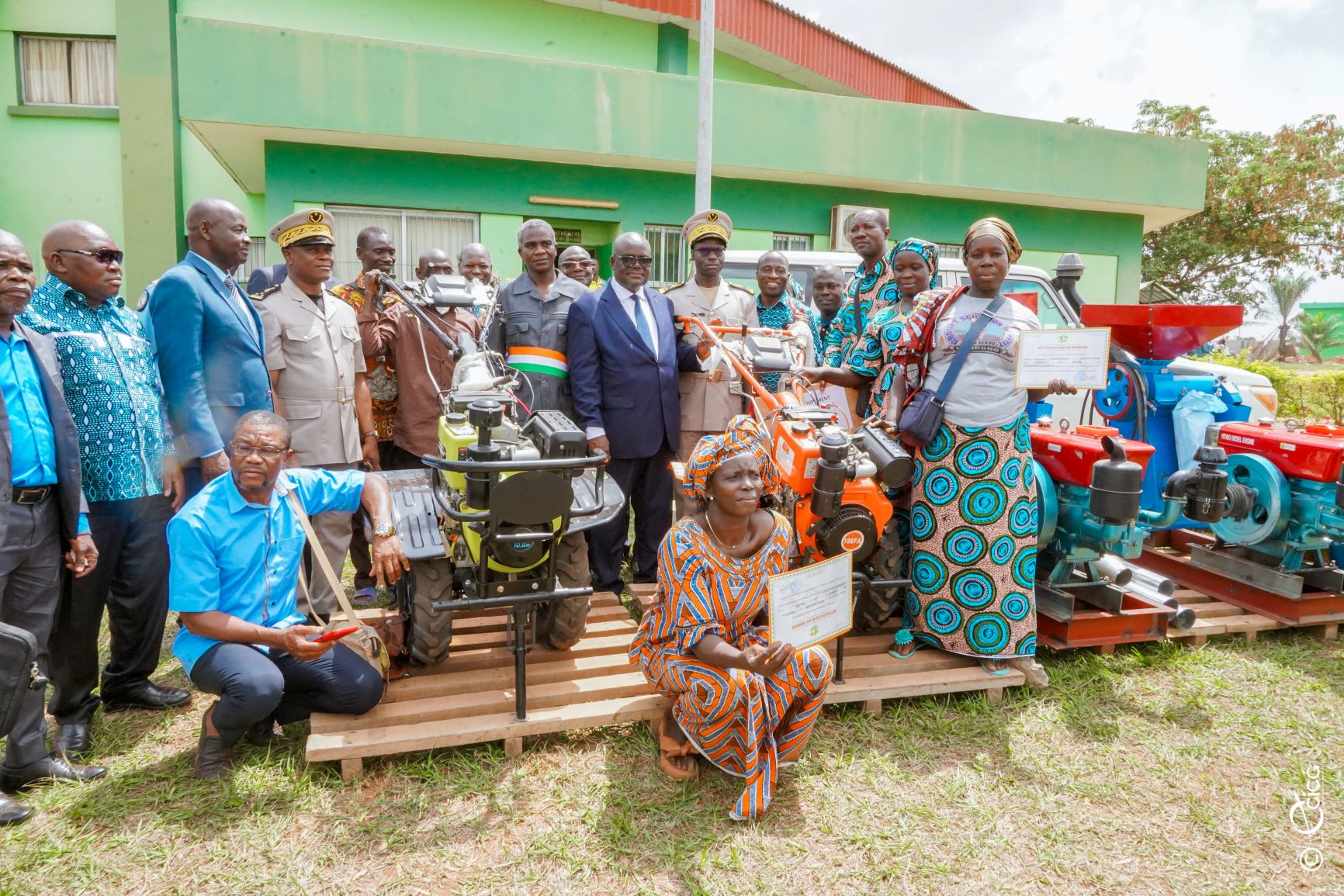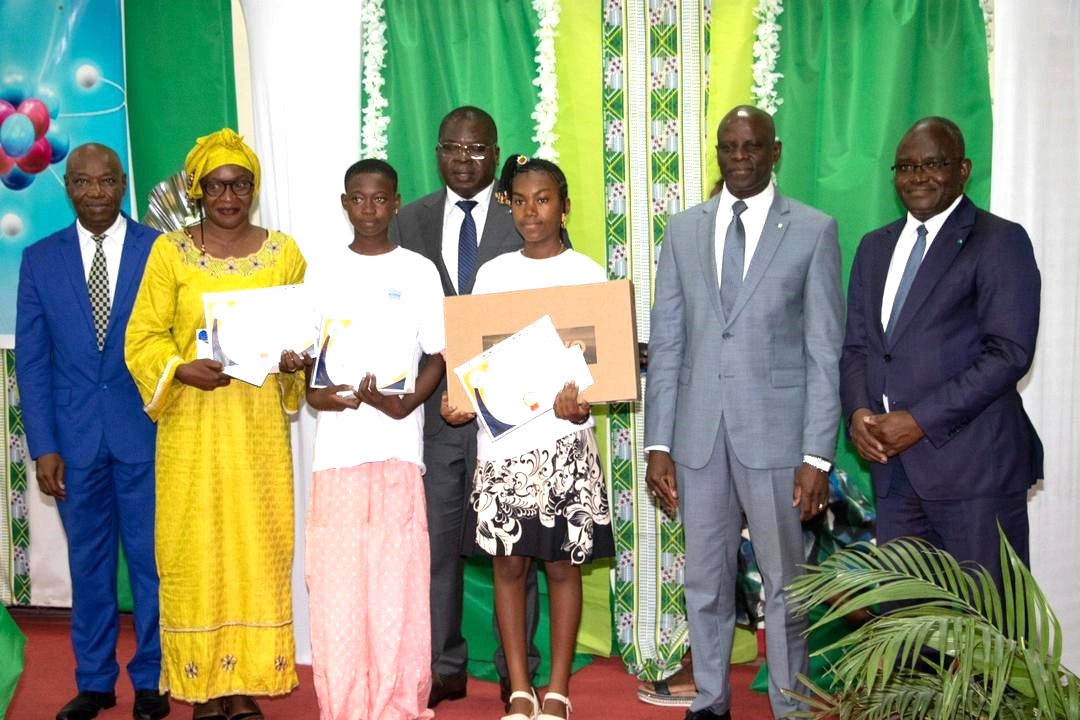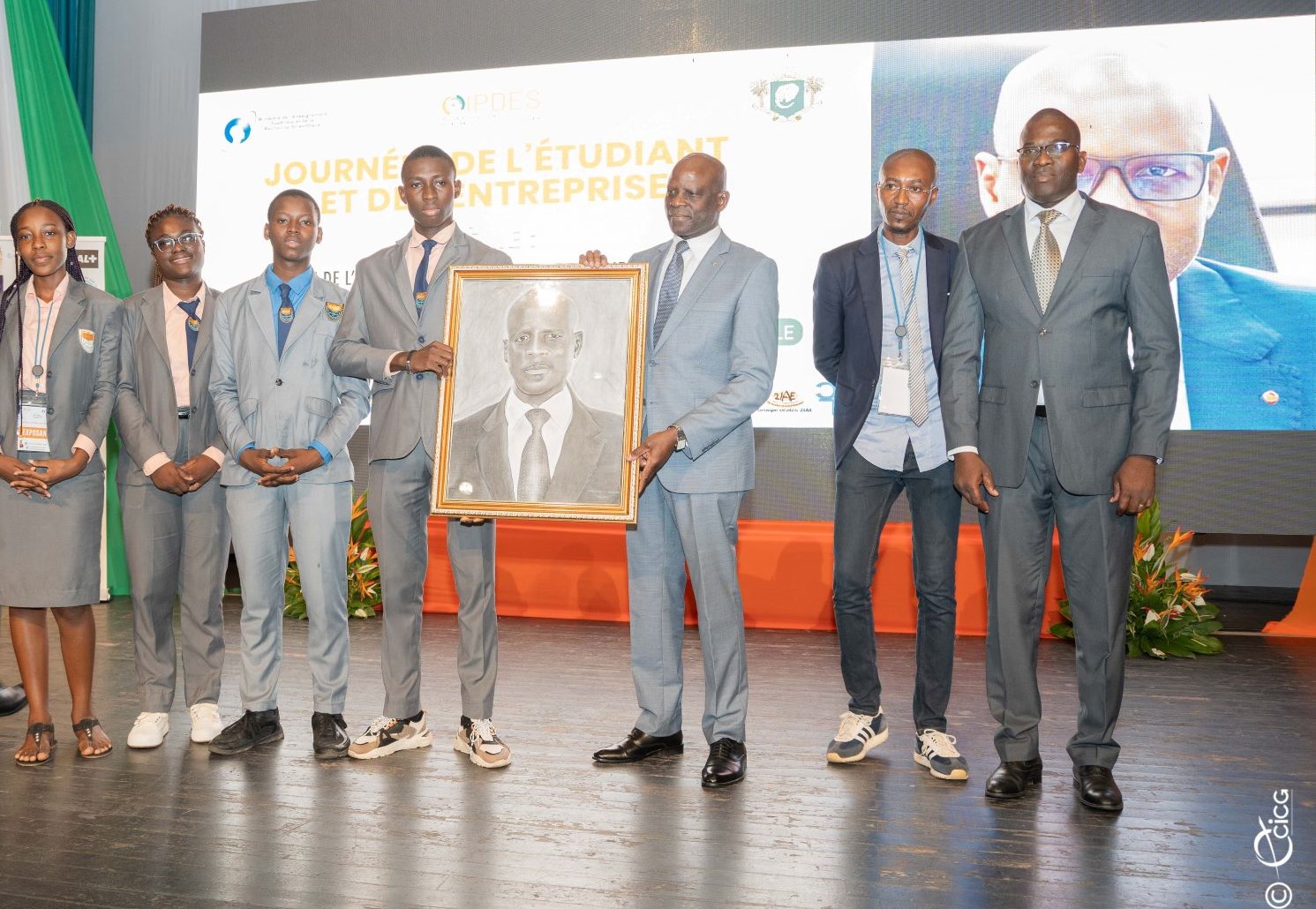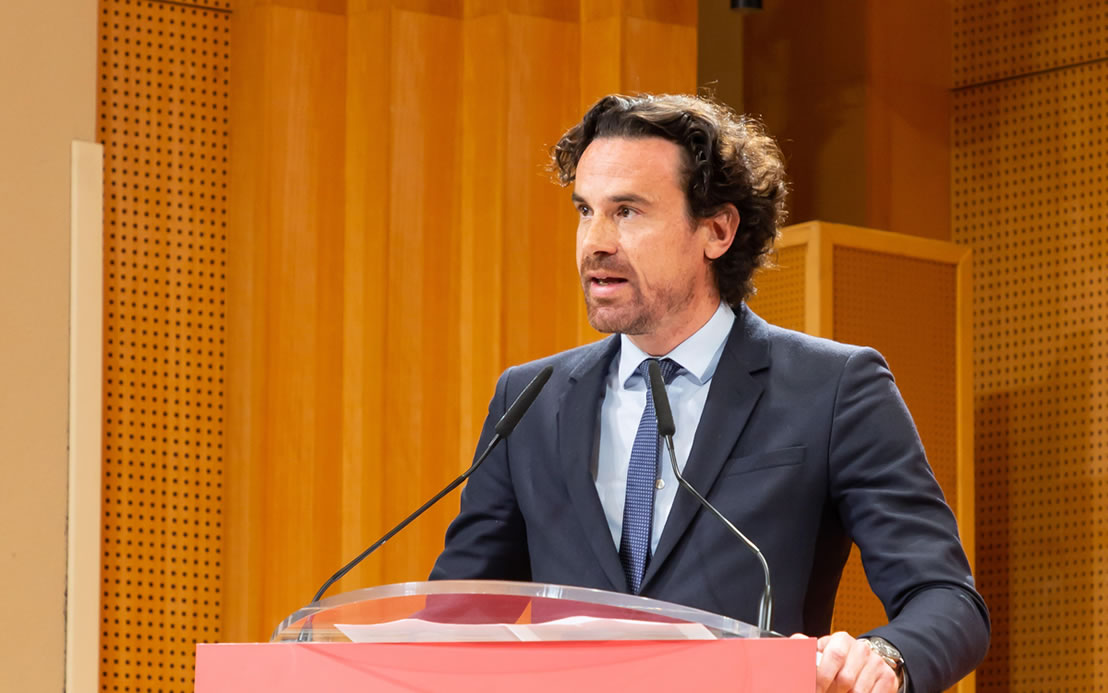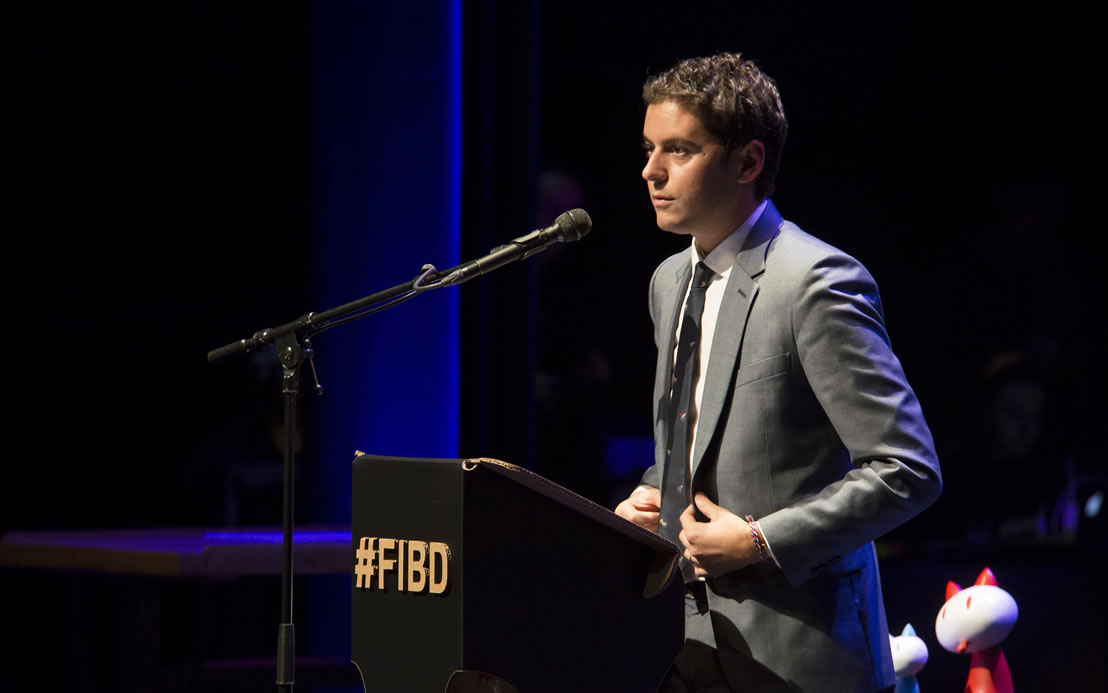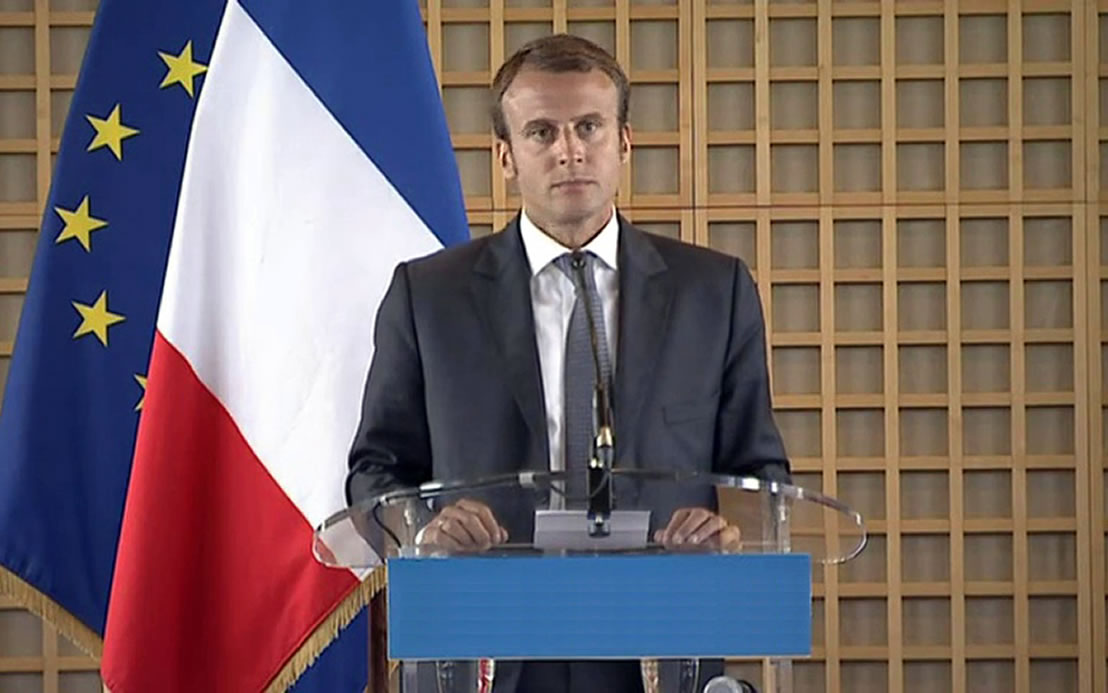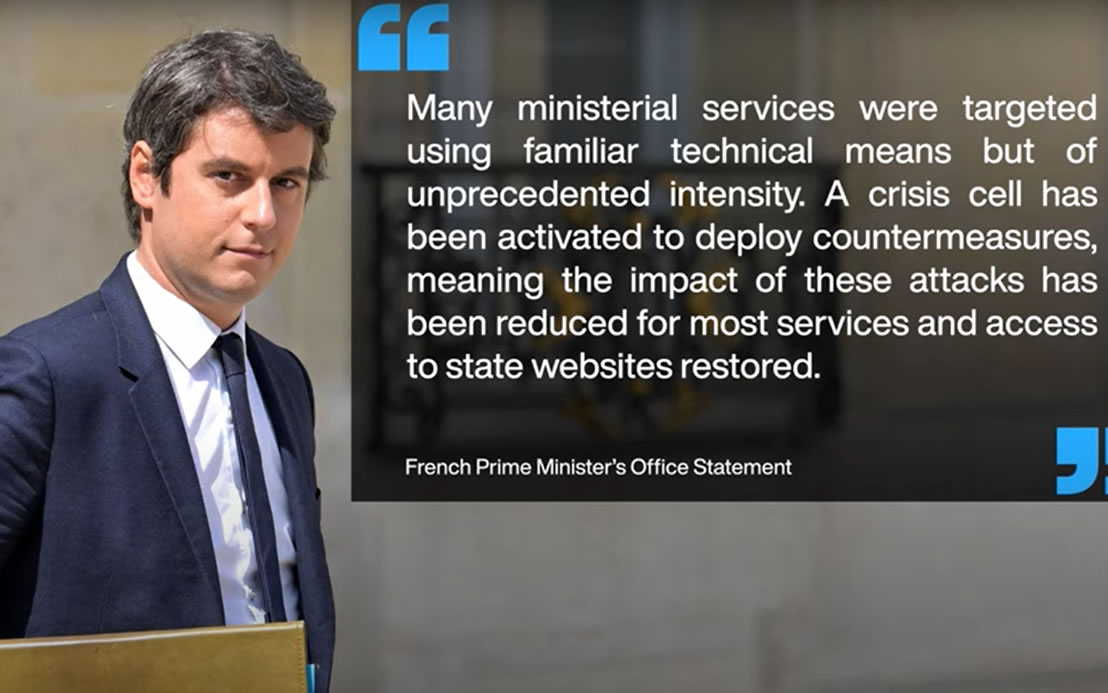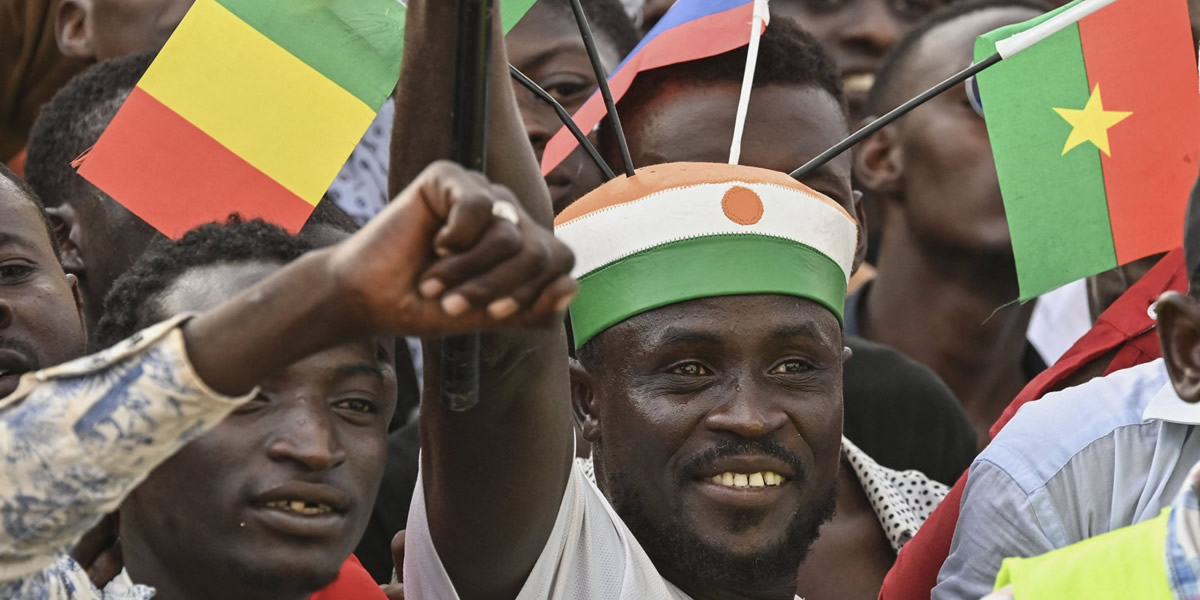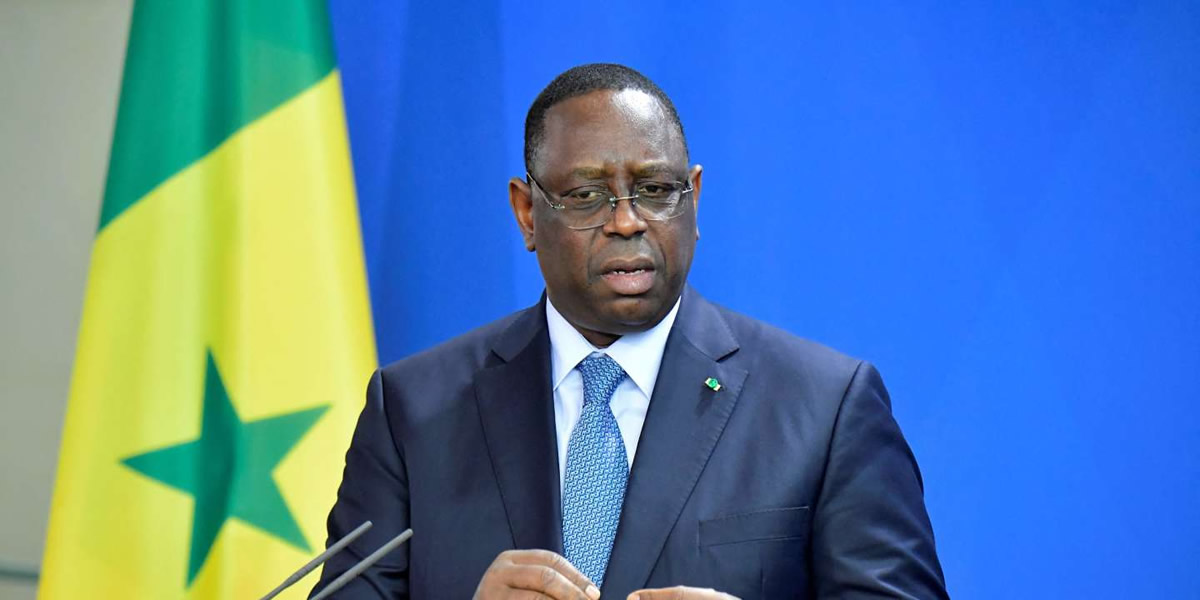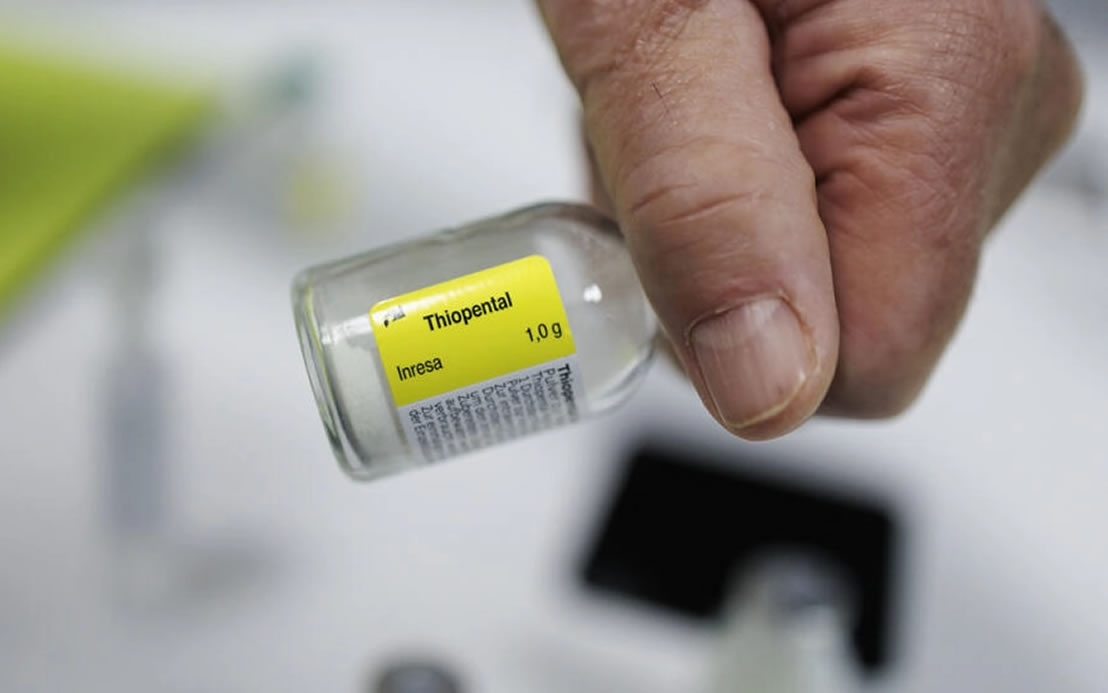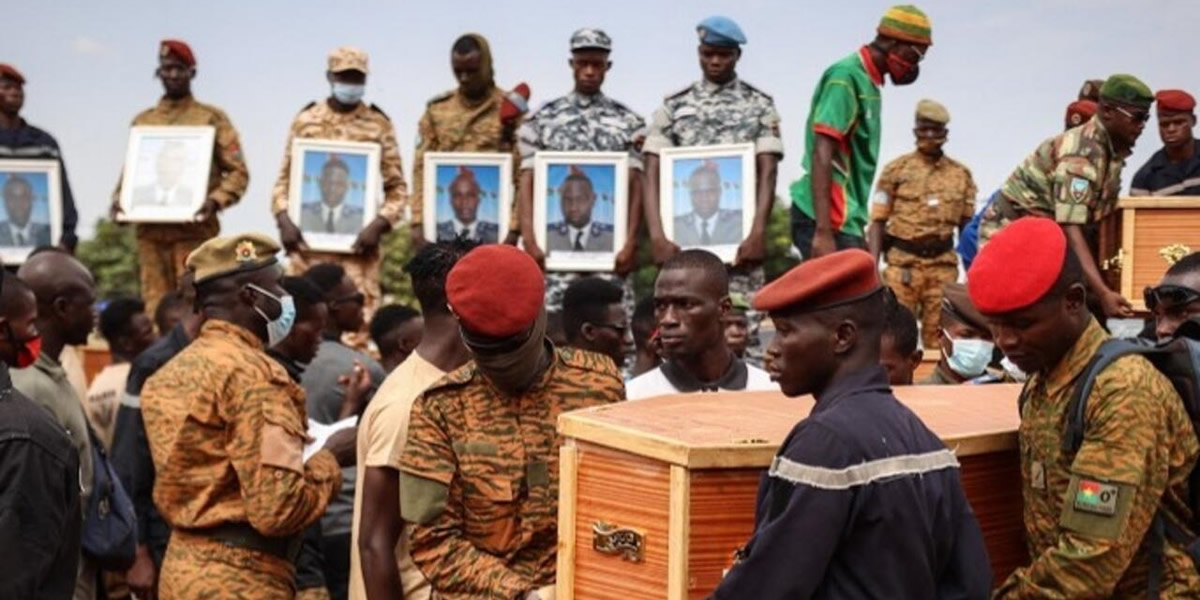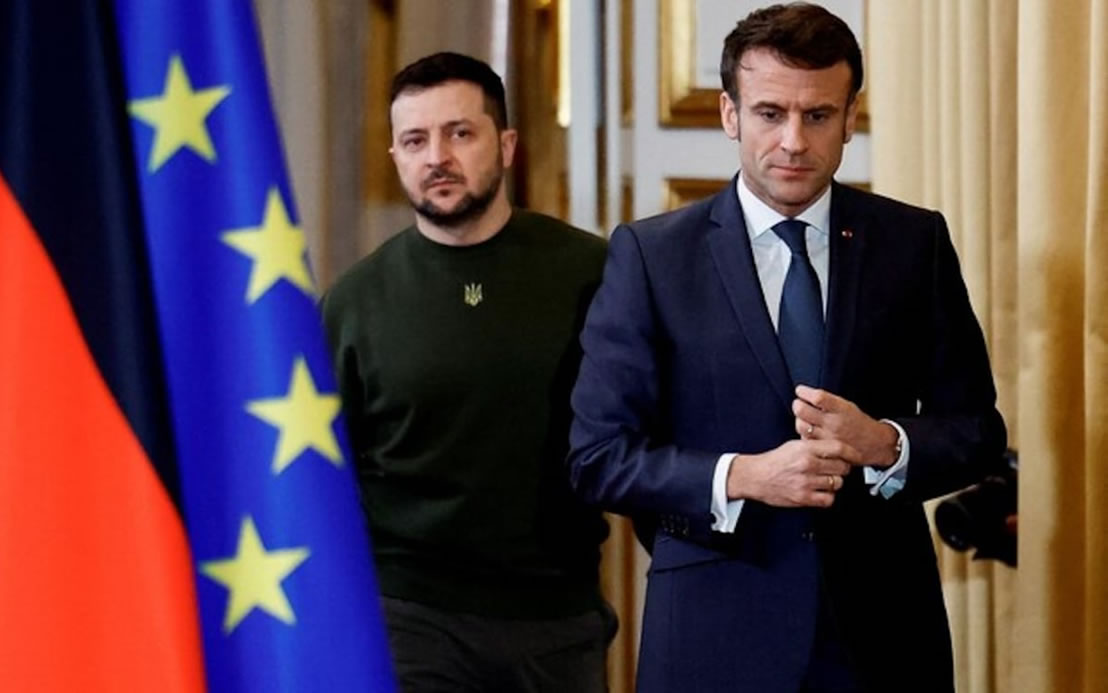In a dramatic turn of events, Mauritius has found itself in the global spotlight over a controversial social media ban linked to a wiretapping scandal. This unexpected move, which came mere days before the 2023 legislative elections, raised pressing concerns about national security, freedom of expression, and political influence on digital platforms. The brief but impactful shutdown has stirred strong reactions among opposition leaders, citizens, and human rights advocates, adding a layer of tension to the already charged political landscape. The ban was initially set to last until after the election on November 11, limiting access to widely-used platforms like Facebook, TikTok, Instagram, and X (formerly Twitter). However, it was quickly lifted after pushback, leaving Mauritians and the world questioning the role of digital media in modern democracies.
Understanding the Wiretapping Scandal in Mauritius
The Mauritius social media ban controversy roots itself in a scandal involving leaked telephone conversations. These conversations, reportedly involving politicians, diplomats, members of civil society, and journalists, surfaced on various social media platforms, sparking widespread concerns about privacy, national security, and political strategy. The alleged recordings were initially shared by an anonymous TikTok user known as "Missie Moustass" or "Mr. Mustache," who has continued to release clips daily despite attempts to block their account.
The timing of these leaks, so close to the elections, has fueled suspicions about political motivations and raised concerns about the integrity of Mauritius's democratic processes. Some recordings allegedly reveal questionable activities, such as a police commissioner reportedly pressuring a medical examiner to alter the findings on a case involving a death in police custody. The involvement of high-ranking figures, including the British High Commissioner Charlotte Pierre, has added an international dimension to this already complex situation.
The Government's Response and Social Media Ban
Facing mounting pressure and potential threats to national security, Prime Minister Pravind Kumar Jugnauth and his administration moved swiftly to implement a social media ban. According to a statement from the Prime Minister’s office, the government viewed the leaks as a serious compromise to national security and the country’s diplomatic relations. The move aimed to prevent further circulation of sensitive information that could undermine public trust in government institutions.
However, the decision to restrict social media access was met with swift criticism. Opponents labeled the measure as heavy-handed, with some speculating that the government was motivated by a desire to control the narrative ahead of the upcoming elections. Opposition leader Paul Berenger, representing the Alliance for Change coalition, expressed outrage, describing the ban as “shocking, revolting, and unacceptable.” Berenger argued that the social media ban demonstrated “panic” within the government and represented a direct affront to free speech in Mauritius.
Social Media's Role in Mauritius Politics
Social media platforms like Facebook, TikTok, Instagram, and X have become critical communication channels in Mauritius, especially in times of political campaigns. These platforms enable opposition groups, civil society organizations, and citizens to share news, opinions, and engage in open debate. For years, they have offered a virtual space for political discourse and activism, even in the face of restrictive regulations.
In recent times, the opposition has harnessed social media to communicate with younger voters who are typically more engaged on these platforms. This demographic shift has posed a challenge to traditional political messaging, encouraging leaders across the political spectrum to embrace digital tools to reach their audiences. For many Mauritians, the social media ban controversy has underscored the indispensable role of these platforms in a functioning democracy, as well as the government's influence over them.
International Reaction and Diplomatic Implications
As one of Africa’s most stable democracies, Mauritius has often been lauded for its peaceful political transitions and robust democratic institutions. The social media ban and wiretapping scandal, however, have cast doubt on the country’s reputation, drawing international attention and criticism from human rights advocates. Observers worry that these actions set a troubling precedent, potentially encouraging other nations in the region to implement similar restrictions during politically sensitive times.
International diplomats and organizations have closely monitored these events, as the inclusion of foreign dignitaries in the wiretapping scandal could have lasting diplomatic consequences. The leaked recordings involving Charlotte Pierre, the British High Commissioner, raised concerns in both Mauritius and the UK. While the Mauritian government insists that these measures were temporary and necessary for security, critics argue that such actions threaten the values of transparency and freedom of speech that Mauritius has long championed.
The Lifting of the Ban: What’s Next?
In a surprising reversal, the Information and Communications Authority announced the lifting of the social media ban on Saturday, following “consultation with the relevant authorities.” This decision was welcomed by both opposition parties and the public, who viewed it as a victory for freedom of expression. Nevertheless, many remain skeptical of the government’s motives and worry about potential future restrictions.
Mauritians are now left questioning whether the lifting of the ban is a genuine commitment to democratic principles or simply a strategic retreat in response to public backlash. The incident has amplified the voices calling for greater accountability and transparency in government actions, especially concerning digital rights and surveillance practices.
The Broader Implications of the Mauritius Social Media Ban Controversy
The social media ban in Mauritius is a microcosm of the challenges faced by democracies around the world when balancing national security with individual freedoms. As nations grapple with the influence of digital platforms on elections and public opinion, Mauritius’s experience serves as a cautionary tale. It highlights the delicate line governments walk when attempting to secure national interests without encroaching on civil liberties.
Moving forward, Mauritius’s leaders will need to address these concerns to regain public trust. The social media ban controversy has exposed underlying tensions in the country’s political landscape, prompting calls for reform in areas such as surveillance practices, data privacy, and media freedom. How Mauritius navigates these issues could set an example for other nations in the region facing similar pressures in the digital age.
The Mauritius social media ban controversy has left a lasting mark on the nation’s political and digital landscape. What began as a temporary restriction on popular platforms to prevent the spread of leaked conversations has evolved into a broader conversation about democracy, freedom of expression, and government accountability. As the nation heads into the November 10 elections, the eyes of the world remain fixed on Mauritius, awaiting the outcome and the future of digital freedom in this small but significant island democracy. The lessons learned here may influence not only Mauritius’s future but also shape how other democracies handle similar challenges in the years to come.






